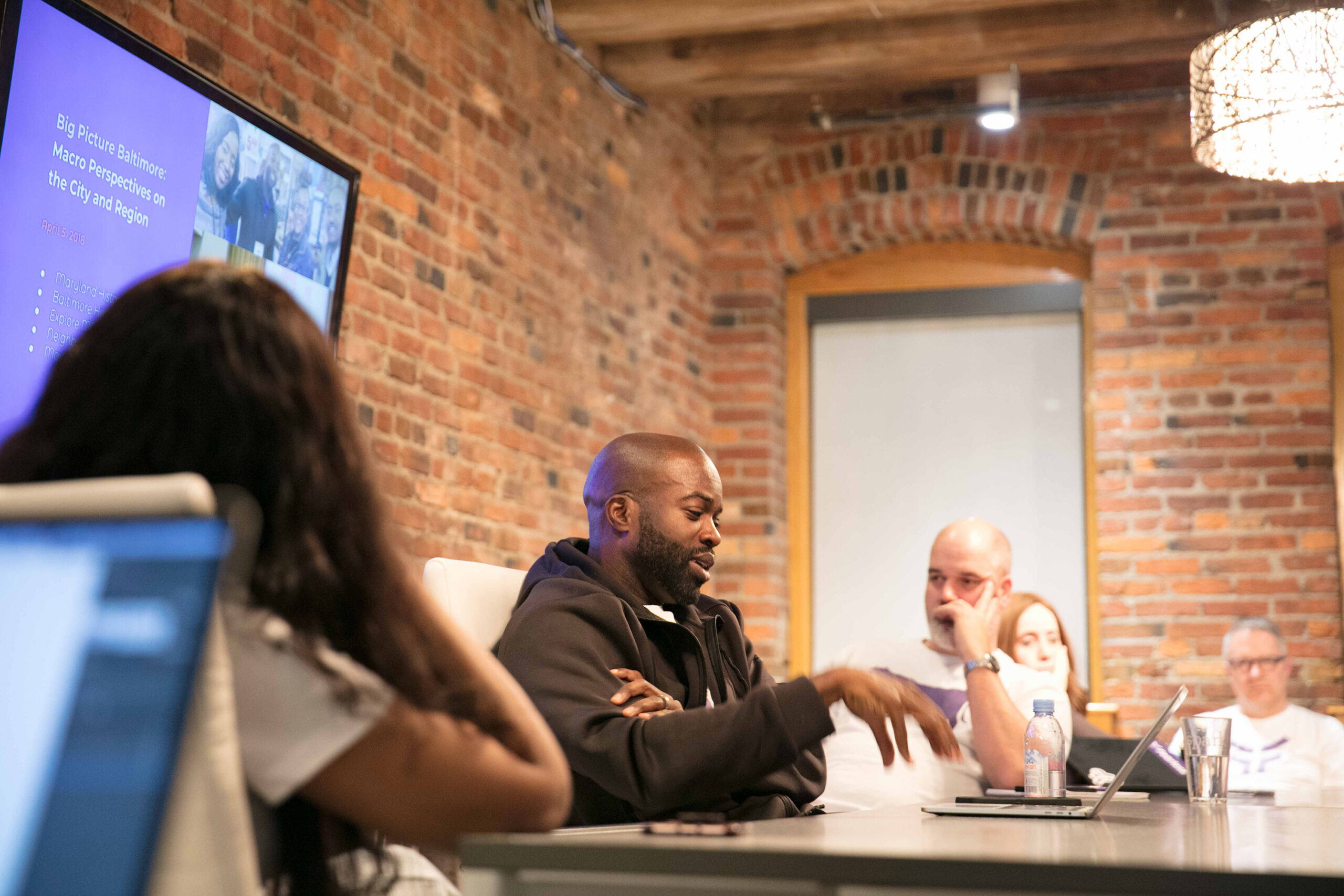The White House’s decision to remove degree requirements from major federal IT contracts isn’t just about procurement reform — it’s about economic mobility.
It’s creating real economic mobility for talented people who’ve been systematically shut out of the tech industry. I’ve spent years advocating for more inclusive hiring practices, and I see this as a pivotal moment to reshape not just who builds government technology, but who gets to build wealth through tech careers.
The White House announcement means major federal agencies are removing unnecessary degree requirements from their IT contracts. The General Services Administration, Department of Energy and Department of Defense are leading this change, affecting billions in contract spending and thousands of positions across government technology work. Each of these jobs represents a chance for someone to build a stable career in tech and create intergenerational wealth, often for the first time in their family’s history.
But this policy change only matters if we, as business leaders, step up to create real pathways into these opportunities.
At Fearless, we’re excited about the potential to tap into talent from all backgrounds. The tech industry is full of creative problem-solvers who’ve gained their skills through alternative paths — from hands-on experience to specialized training programs. Current contracting rules have kept many of these skilled individuals out of government tech work. That’s about to change, and what will matter is how well someone can do the job, not where they learned to do it.
We understand what it takes to succeed in government contracting because the Fearless team has lived it.
The mentorship and support we’ve received along the way helped us grow from a company of one into what we are today. That’s why we created Hutch, our incubator program that helps founders build successful digital services companies. Over 24 months, we provide mentorship, training and support to help these companies navigate the complex world of government contracting. Through five cohorts, we’ve supported 28 companies in building stronger digital services capabilities. It’s our way of strengthening the entire government tech ecosystem.
The federal government spends $74 billion annually on civilian IT. That’s $74 billion that could be creating economic opportunities in communities across America. But making this happen requires more than just removing degree requirements. We need to build robust talent pipelines, create meaningful training programs, and provide real mentorship opportunities.
Don’t just change your job postings — change how you develop talent.
This isn’t just about federal contracting — it’s about creating opportunities at every level. As a member of Maryland’s Governor’s Workforce Development Board, I’ve seen how state-level initiatives like the new Talent Innovation Fund will create pathways into technology careers. This fund specifically targets high-demand fields like cybersecurity and artificial intelligence, helping Marylanders access the training they need for these roles. When we combine federal policy changes with state-level workforce development, we create a powerful engine for economic mobility. But it only works if business leaders actively participate in building these bridges between talent and opportunity.
Here’s my challenge to other tech leaders: Don’t just change your job postings — change how you develop talent.
Create apprenticeship programs. Partner with technical training programs in underserved communities. Build mentorship structures that support people through their entire career journey, not just their first few weeks on the job.
The technology we build for government directly impacts millions of Americans. Making it better starts with bringing in people who understand those impacts firsthand. People who’ve navigated complex benefit systems know exactly how to make them more user-friendly. People who’ve helped family members access government services understand which friction points need fixing.
As business leaders, we have a choice. We can treat this policy change as just another contracting rule, or we can seize it as an opportunity to create real economic change. The talent is out there. The opportunities are opening up. Now it’s on us to build the bridges between them.












